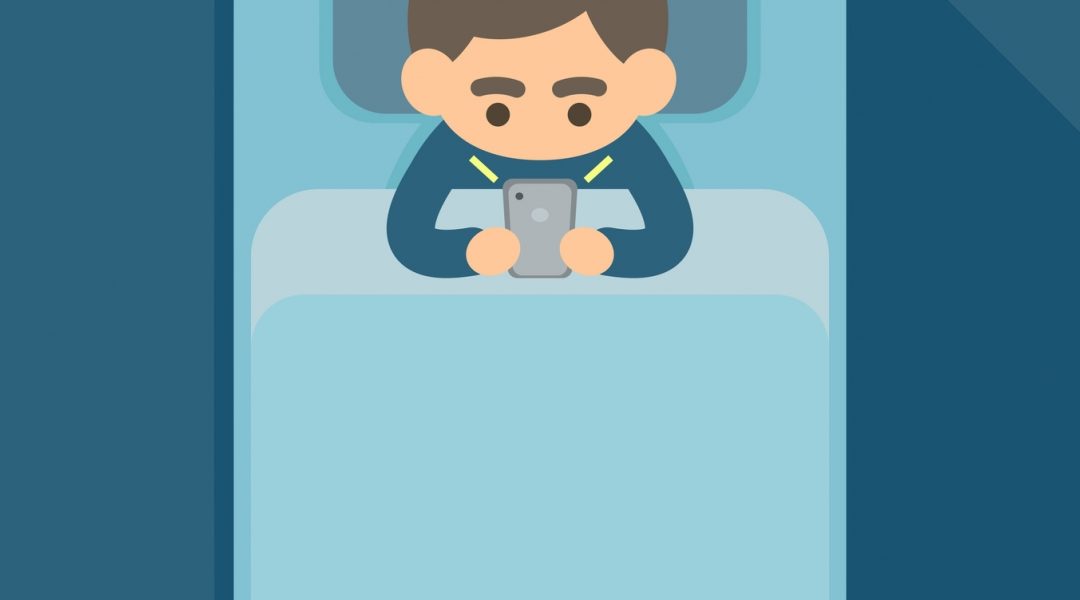Recent studies have shown our increased exposure to blue wavelengths of light at night is having a negative impact on sleep. These wavelengths are commonly given off by the bright, small LCD screens that are everywhere in modern society, with the primary culprits being smart phones and tablet computers.
The blue wavelengths have been shown to induce the following:
- Increased sleeplessness,
- Suppression of the body’s own production of Melatonin at least 2X as much as other wavelengths of light,
- Alters your body’s circadian rhythm (biological clock) which indirectly drives several other internal body clocks,
- Increased moodiness, and
- Increased night time awakenings.
Here are a few suggested practices to reduce the effects of blue light on your quality of sleep:
- Institute a “Power Down” Hour–turn off all cell phones and tablets 1 hour before bedtime.
- After the sun has set, use blue light filtering apps on your devices such as Night Shift and Flux to reduce blue light exposure.
- Try to get 10 to 15 minutes of direct sunlight every day, either in the morning or around midday, as this helps strengthen your body’s circadian rhythm.
Hoping you have pleasant dreams . . . .
See www.thesleepdoctor.com and www.scientificamerican.com for more information.
Written by: Ben Henley, RPSGT, Lead Technician, Aspire Hospital Sleep Diagnostics

